Unlocking the Secrets of Air Compressor Gaskets
Sealing components of an air compressor together, an air compressor gasket is a critical element of the machine. Constructed from rubber, metal, or plastic, the gasket ensures that no leakage of air or other propulsive gases escape from the unit. These gaskets are essential and implemented in many scenarios where precise control and pressurization of air is necessary.
Discover the Different Varieties of Air Compressor Gaskets.
A plethora of air compressor gaskets are available to match the requirements of particular undertakings. Rubber gaskets are the most widely used variety, which can be formed into various shapes and comprised out of materials including neoprene, silicone, and EPDM. They are typically deployed to seal areas between the cylinder and head of an air compressor.
Metal gaskets are commonly utilized in air compressors, and yet they are usually reserved for more specific objectives. These gaskets usually consist of stainless steel, aluminum, or brass, securing a firm seal between two metallic components. Due to the fact that they can withstand extreme temperatures and pressures, metal gaskets are often employed in particularly demanding uses.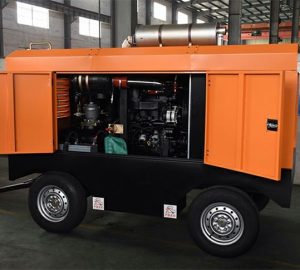
Air compressors often employ rubber and metal gaskets, though plastic gaskets remain less popular. Made from polyethylene, polypropylene, or PVC, plastic gaskets often clinch areas between the head and cylinder. While it can be utilized for low-pressure applications, it’s often not sturdy enough for high-pressure situations.
The Profound Advantages of Air Compressor Gaskets.
The value of air compressor gaskets cannot be understated; they are a critical component that helps maintain the integrity of the compressor’s internal components. Gaskets work to ensure that no air or other gases can escape, preventing performance issues and ensuring a longer compressor lifespan. In addition, these small parts play an important role in reducing noise and vibration, helping prevent damage that could shorten the unit’s life.
By sealing the space between the head and cylinder of the compressor, gaskets keep its inner components separated, minimizing the chances of accidental damage to the machinery. This, in turn, can extend its lifespan and preserve its performance for longer.
By using gaskets specifically designed for air compressors, the system’s efficiency can be significantly increased. As a result, power usage declines as the compressor doesn’t need to work as intensely to produce the desired result. Furthermore, this tight seal also shields the internal parts from harm, reducing the need for frequent maintenance.
Operating an air compressor effectively requires the use of a series of effective gaskets. Whether rubber, metal or plastic, these components keep the machine running efficiently and help minimize costly maintenance fees. To maximize the functionality and lifespan of air compressors, it is paramount to conduct regular assessments of their respective gaskets. Doing so helps prevent energy wastage and potential disruption to the system’s core functions.
To ensure that air compressors are operating correctly, an air compressor gasket is a crucial element. It forms an impenetrable seal between two components of the air compressor system, so that no precious air is lost, and pressure remains stable. Without it, a compressor is unable to function correctly.
To withstand tough conditions, a gasket is seamlessly crafted from a resilient material like rubber which is designed to contour to the surfaces it is sealing. With a sturdy make-up designed to hold up against high-pressure and heat, a gasket ensures a reliable seal that remains protected from damaged or ongoing wear.
When picking out a gasket for your air compressor, there’s a few vital details to take into account. It depends on what kind of air compressor you own — a reciprocating air compressor requiring a flat variety, while a rotary compressor demands a spiral-wound gasket. Plus, consider the materials used — such as silicone or neoprene — to ensure that the particular gasket you want is compatible with your particular air compressor. Make sure to do your research and achieve full compliance before proceeding to purchase the gasket.
The gasket is essential in keeping the air compressor system in top working condition – if it’s not assessed and changed if necessary, air can be lost and the system’s performance might take a hit. Over time, the gasket deteriorates due to a combination of heat, pressure, and inevitably advancing age. Heed the warning signs and replace the worn or damaged gasket promptly to avoid issues.
To install a new air compressor gasket correctly, be sure to pay special attention to the manufacturer’s instructions. Taking your time during this process will facilitate a tight seal and protect it from any harm. It is essential to use the correct tools when changing out the gasket, as utilizing the wrong items might cause destruction to either the part being replaced or the compressor itself.
The gasket is a vital component that should be replaced whenever necessary, but preventive measures can also be taken that will prolong its life accordingly. Keeping the air compressor system free from dirt, dust, and debris is an effective way to achieve this. If these substances accumulate on the gasket, it can cause it to deteriorate more quickly; thus, regular cleaning to clear of any obstructions will not only boost its longevity but also the efficiency of the system as a whole.
Keeping a steady flow of air on hand to power machines and tools is essential; and air compressor gaskets are central to this. These components serve to seal the system and maintain the pressure required for functional efficiency. Consequently, when it’s time to replace one of these gaskets – which is inevitable over time – it is essential to get the correct type and follow the manufacturer’s guidelines for installation. As an added measure, it’s also essential to keep the gasket clean by engaging in regular maintenance activities, thus allowing it to thrive for as long as possible while ensuring the system continues operating proficiently.
Post time: 2023-07-17Related Product
Warning: Use of undefined constant rand - assumed 'rand' (this will throw an Error in a future version of PHP) in /www/wwwroot/www.sunritamachinery.com/wp-content/themes/msk5/single.php on line 69
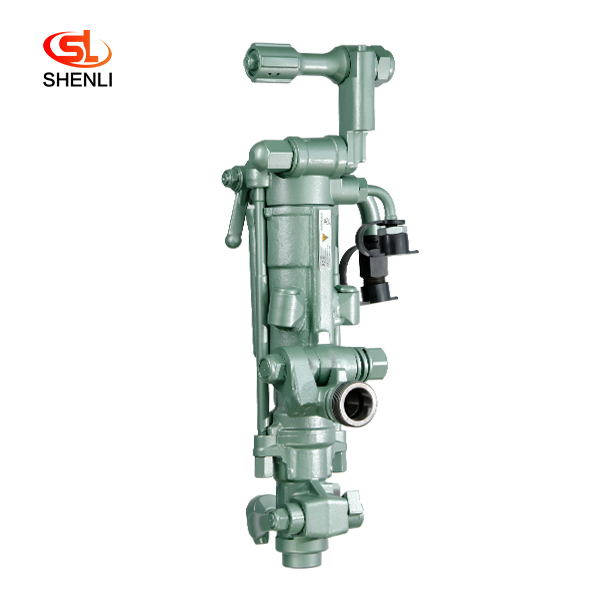
S250 Air Leg Pneumatic Rock Drill Pusher Leg Rock Drill
Product description: (S250 jackleg Drill) has been the preferred choice of miners who demand high performance, superior control and lasting reliability. the S250 jackleg allows ope […]
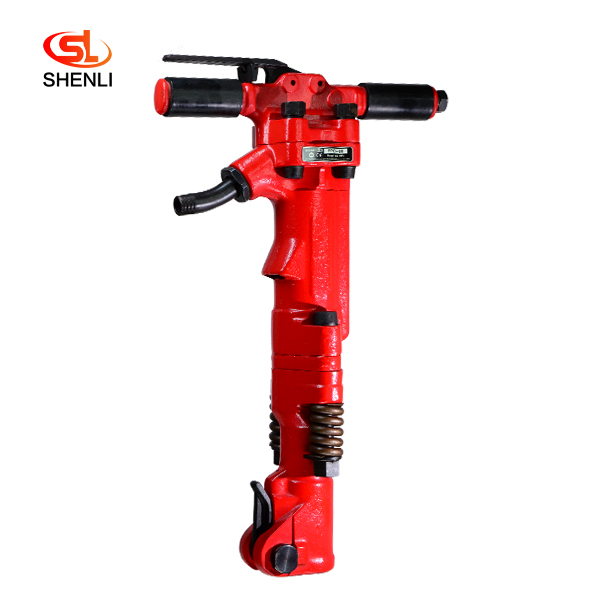
TPB6 Air Concrete Breaker Pneumatic Pick
Product introduction: TPB-60 crusher adopts the mature technology of TOKU Group, Is compressed air as the power of the crushing tool, can efficiently complete the reinforced concre […]
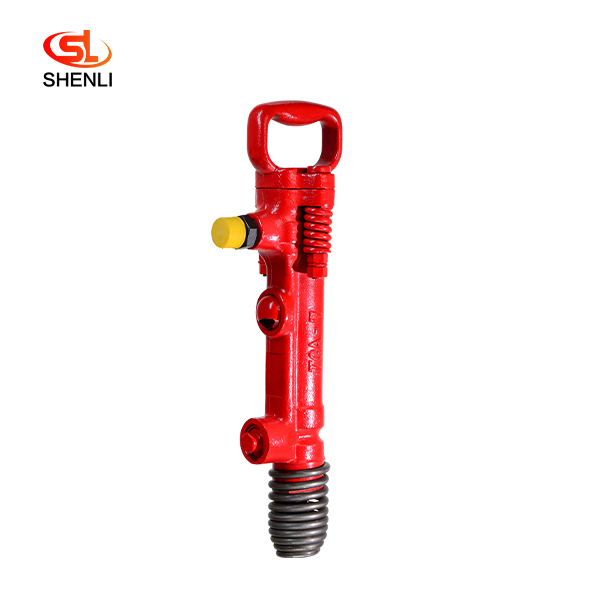
TCA7(G7)Pneumatic Pick Air Shovel Cement Crusher Pneumatic Chipping Hammer
Product introduction: Adopted Japan’s Toku technology, the air picks with proven forging technology are durable, lightweight and good performance, and easy to operate. Mainly […]
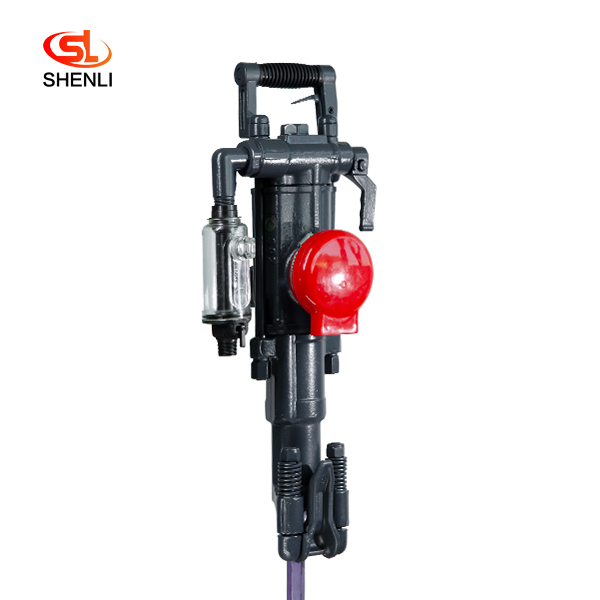
S82 Air Leg Pneumatic Rock Drill Pusher Leg Rock Drill
Scope of application: Model S82 air-legged rock drills are heavy-duty air-legged rock drills with high efficiency and low consumption, which are especially suitable for use in the […]
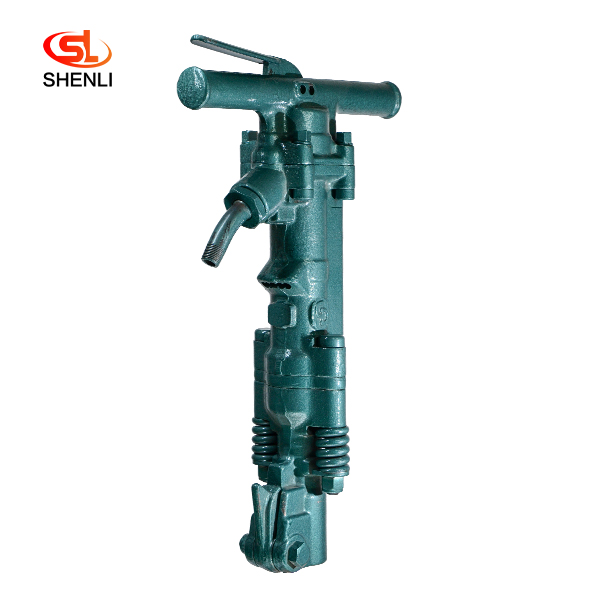
B47 Pneumatic Pick Air Shovel Cement Crusher Pneumatic Chipping Hammer
Product Description: B47 crusher adopts the mature technology of American Gardner Denver Pneumatic Group Company,It is a crushing tool powered by compressed air, which can finish r […]

Rock Drill Button Bit
Product introduction: Taper bits, especially Tapered button bits are the most popular tapered drill bits with a wide selection of head diameters from 26mm to 48mm. With carbide but […]
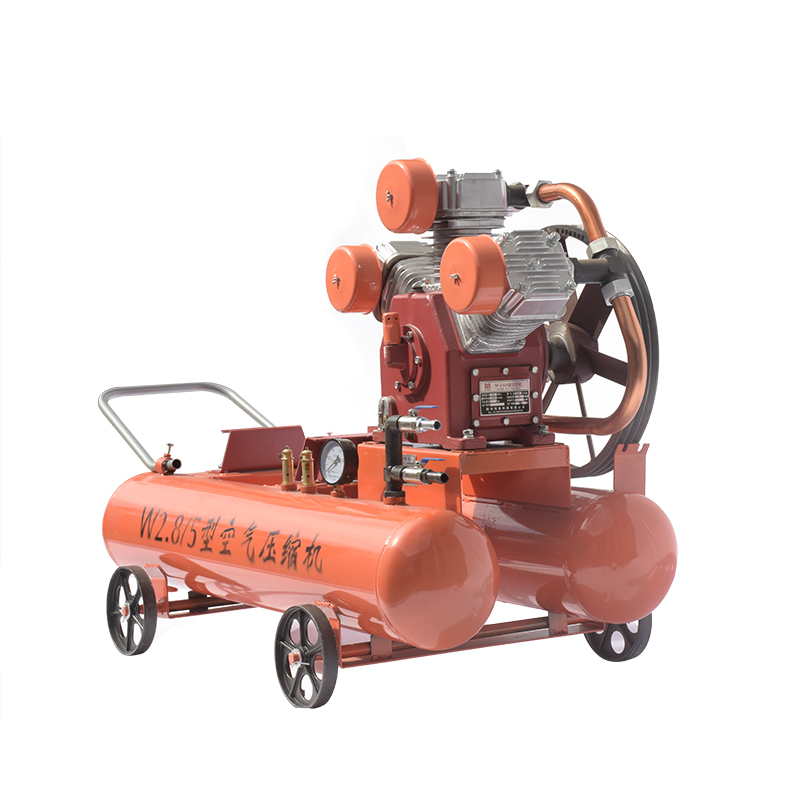
15KW Mining Diesel Piston Air Compressor W2.8-5
Diesel Portable Piston Air Compressor Mobile for Jack Hammer / Mining 1.Simple structure,light weight,easy to move . 2.Easy operating and maintenance. 3.High quality air delivery. […]
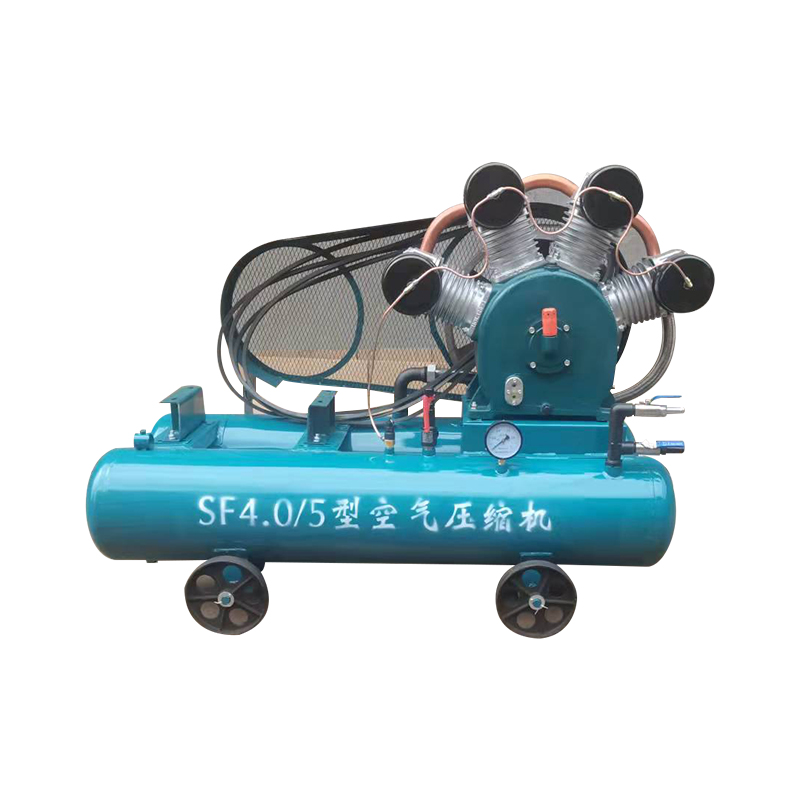
20KW Mining Diesel Piston Air Compressor SF4.0-5
Advantages Small in size,light in weight, easy to move Top material and superior technology Simple structure, high efficiency, good performance, and low price Adopt the most popula […]
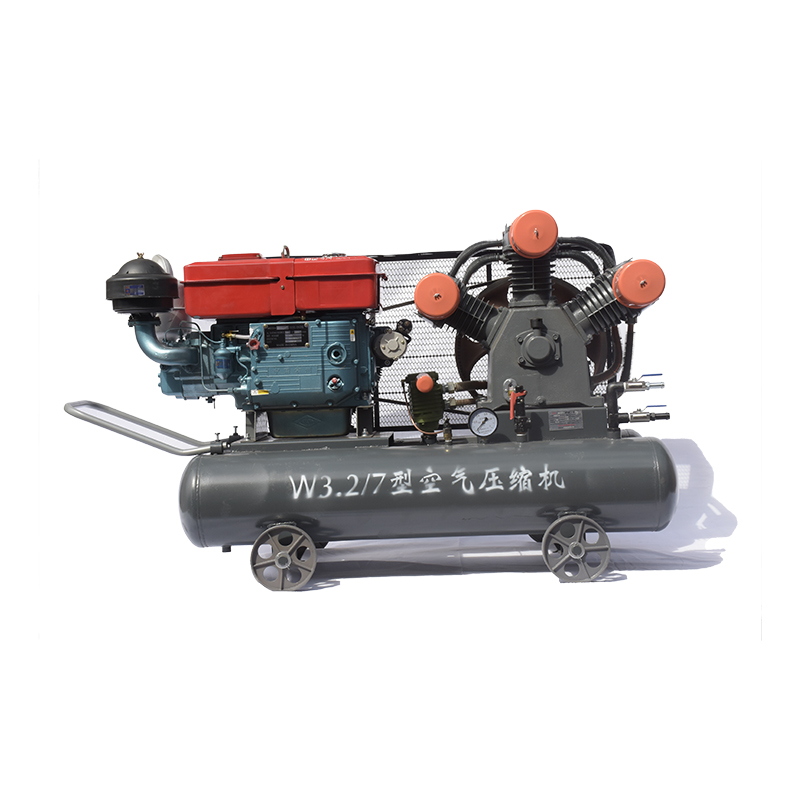
20KW Mining Diesel Piston Air Compressor W3.2-7
Advantages Small in size,light in weight, easy to move Top material and superior technology Simple structure, high efficiency, good performance, and low price Adopt the most popula […]